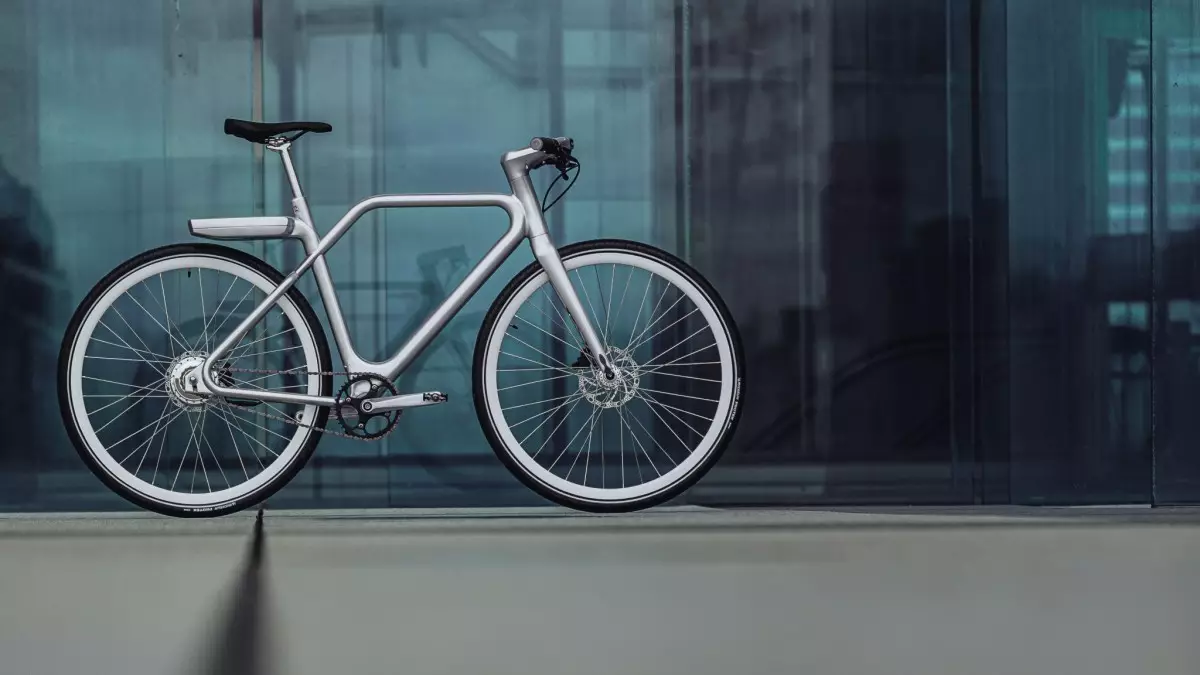Founded in 2019, Angell emerged as a beacon of innovation within the burgeoning electric bike market, aiming to captivate consumers with a technologically advanced, smart cycling experience. The entrepreneurs behind Angell sought to blend cutting-edge technology with practicality, featuring a sleek design that showcased a color touchscreen embedded in the handlebars for navigation and essential stats. By integrating impressive features such as Bluetooth connectivity, a built-in GPS, and a theft prevention system, Angell aimed to compete fiercely with established brands like Cowboy and VanMoof.
However, the honeymoon phase for Angell was short-lived. In a shocking announcement, co-founder and CEO Marc Simoncini declared the company’s insolvency, stating that “it’s over for Angell.” The precipitating factor? A defect in the bike’s frame related to manufacturing processes that rendered the product unsafe. The company had initially demonstrated great potential, but the Achilles’ heel proved to be the very technology that set it apart. As issues with the first-generation bike accumulated, customer support and trust dwindled, leading to an irreversible decline.
In the world of startups, agility and responsiveness are critical. However, Angell’s inability to resolve recurring reliability issues marked a turning point for its operational vitality. Within the email update to customers, the management highlighted the “fragility of the bike’s frame,” attributing this flaw to a failure in the welding of the tubes. By externalizing the problem, Angell attempted to release itself from accountability, emphasizing their partnership with SEB, a well-known industrial manufacturer, and the design company Kickmaker as the origins of these defects.
Angell’s struggles echo larger trends in the electric bicycle sector, where promises of innovation have often collided with harsh realities. The 2023 bankruptcy file by VanMoof sheds light on similar challenges faced by other players in the smart bike arena, illustrating a broader systemic vulnerability. As competition intensified, customer expectations escalated. The need for unwavering quality coalesced with the desire for advanced technology, leading to an unforgiving marketplace for brands that faltered.
This competitive backdrop raises important questions about the sustainability of business models reliant on third-party manufacturing and design. Angell had opted to partner with established firms but did not exercise adequate supervision over the production process. The reliance on strategic alliances without the necessary oversight can create liabilities that startups may not be equipped to manage.
As Angell bows out, customers find themselves stranded with products that no longer guarantee safety or functionality. The company’s proposal to either recall approximately 7,000 bikes or offer refunds was met with financial objections, showcasing the fiscal limitations that plagues so many startups. This leaves consumers in a precarious position, compounding the betrayal through financial investment and the loss of a functioning bike.
Moreover, the future of Angell’s digital features remains uncertain. The company’s notification that it might disable its servers indicates forthcoming limitations for existing bike owners, leaving them vulnerable to losing access to vital functionalities like electric assistance and smart locking mechanisms. This fracture of service stands to undermine the very infrastructure that enticed individuals to purchase their bikes in the first place.
The saga of Angell serves as a poignant reminder of the fragility of innovation within the startup sphere—where bold ideas can crumble under the weight of execution failure. Walking the tightrope between technological advancement and operational reliability demands nuanced management, transparency, and rigorous testing. As we reflect on Angell’s rise and subsequent fall, it highlights the need for both entrepreneurs and consumers to ensure that the promises of remarkable technology should always be backed by impeccable quality control. In this fast-evolving market, letting ambition outweigh practical realities could be a recipe for disaster, reminding all stakeholders to tread carefully amidst the lure of innovation.

